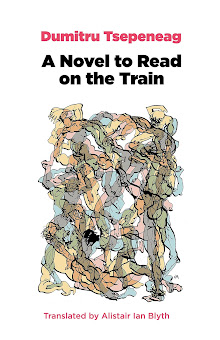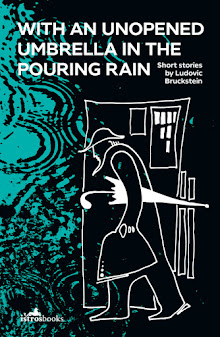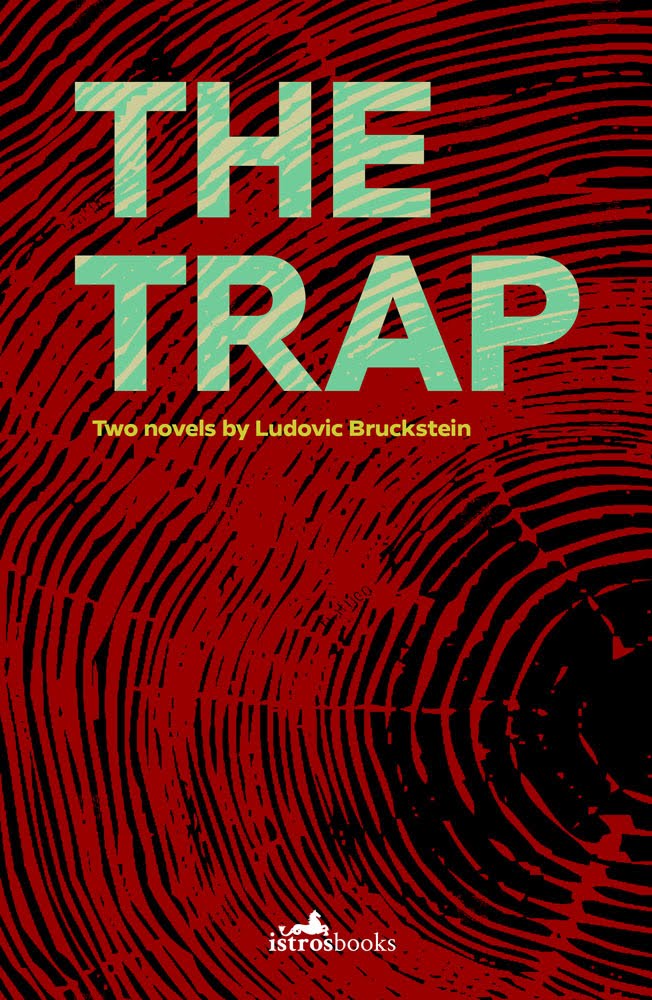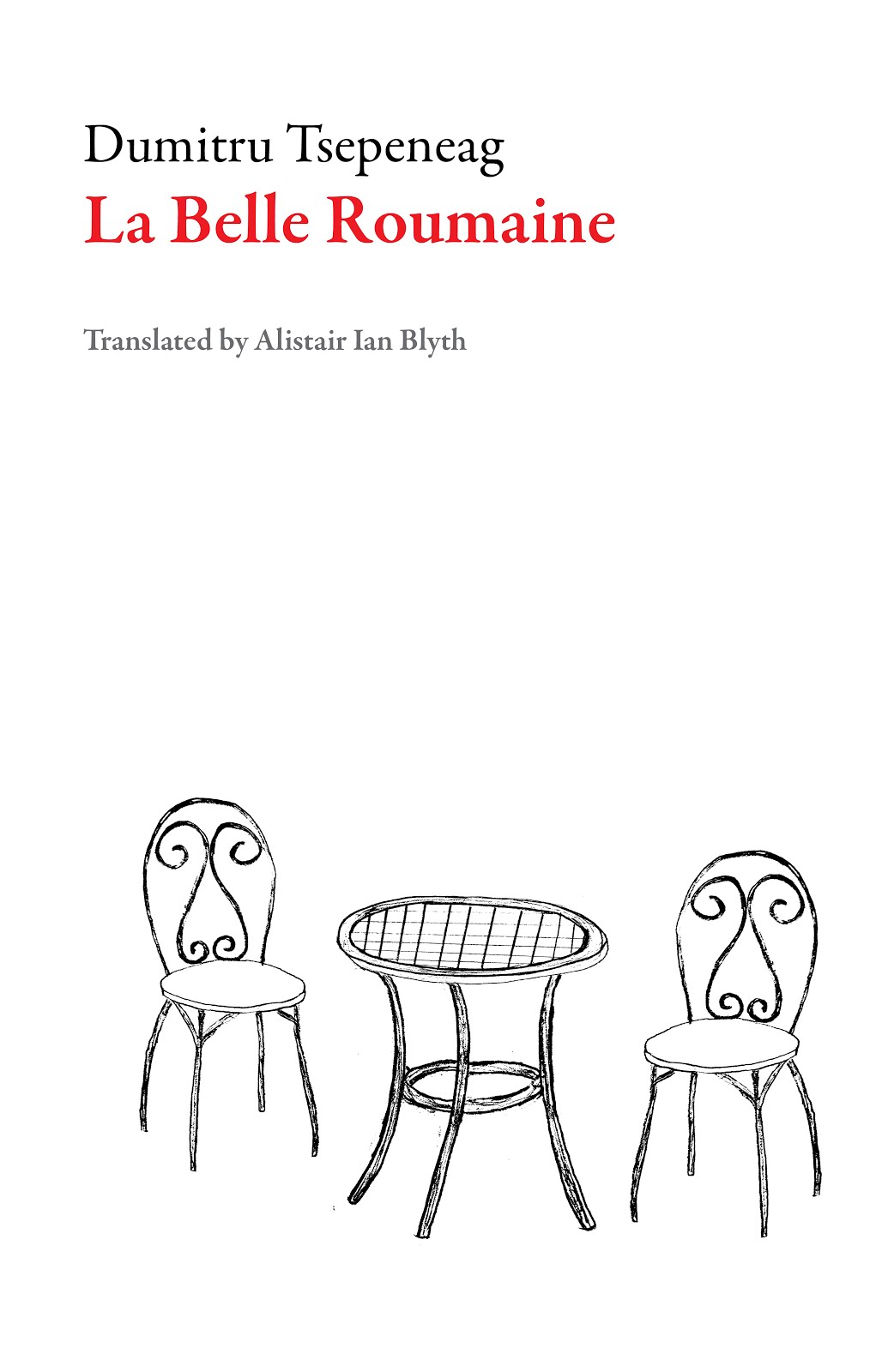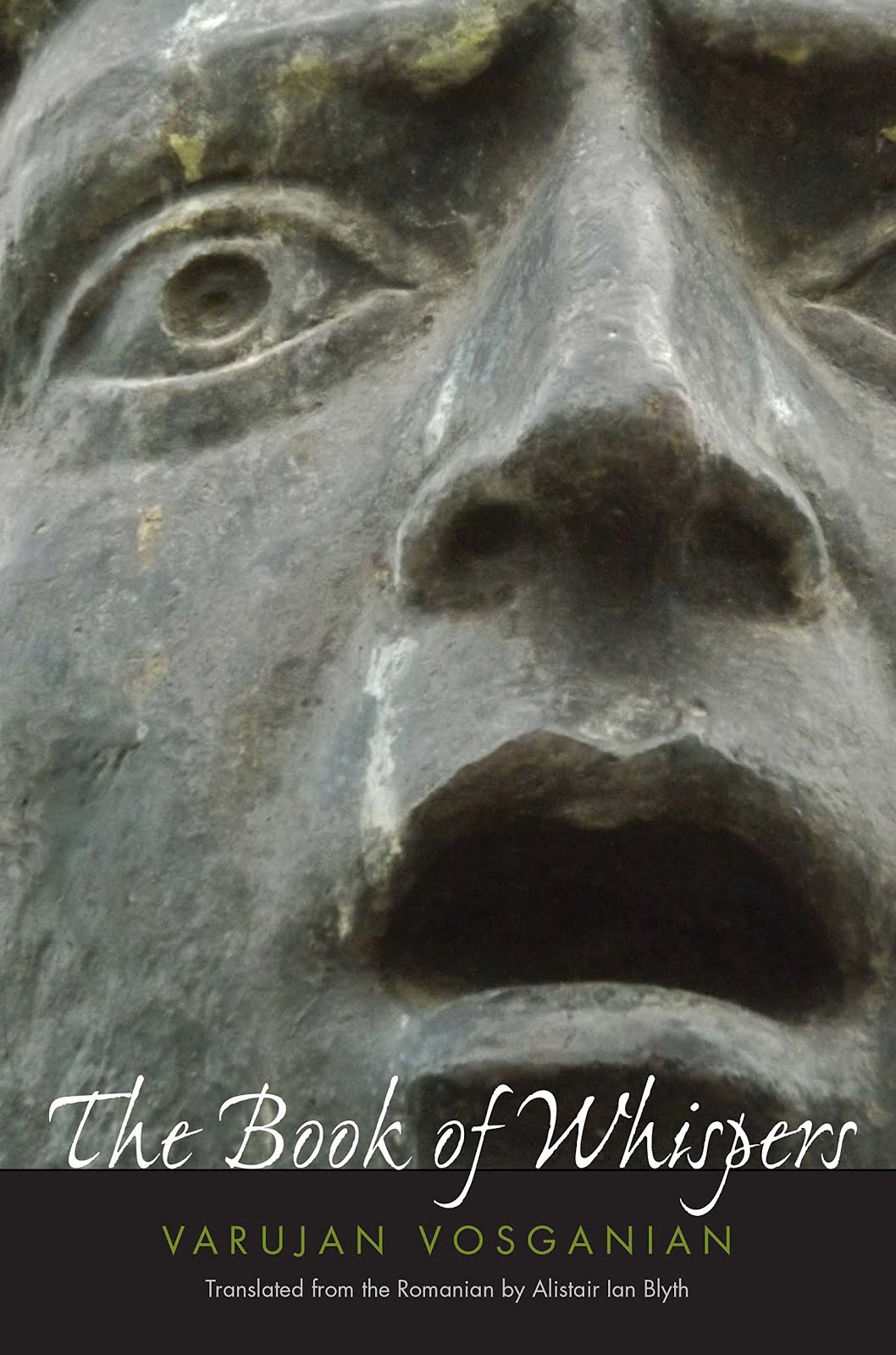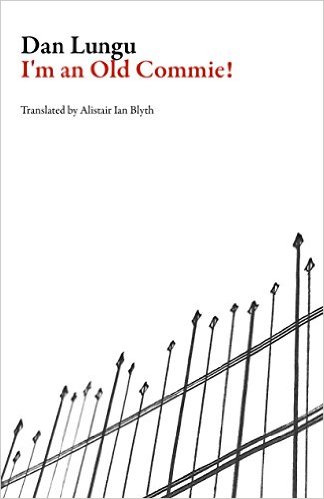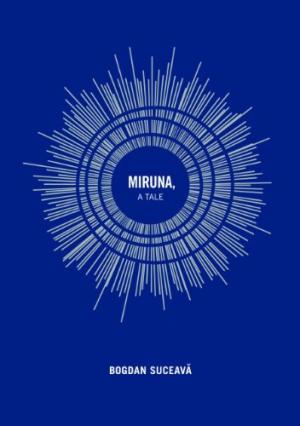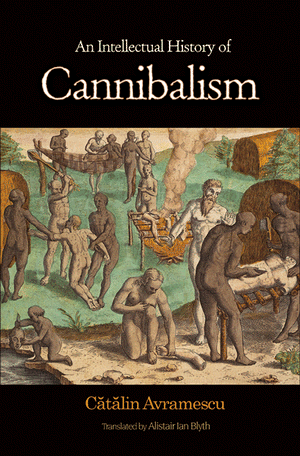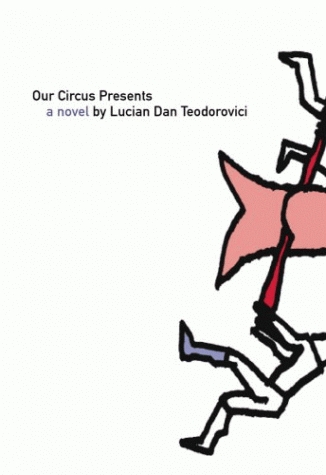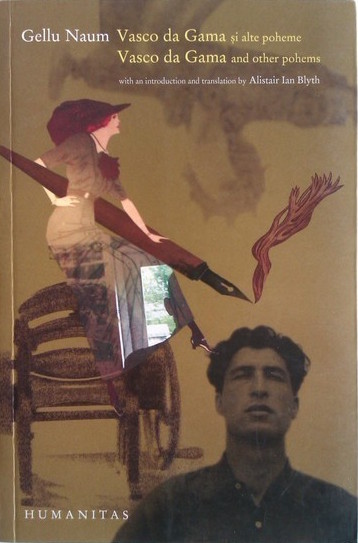The last and lowest region of the
Bardo [is] known as the
Sidpa Bardo, where the dead man (...) begins to fall a prey to sexual fantasies and is attracted by the vision of mating couples (...) Freudian psychoanalysis, in all its essential aspects, never went beyond the experiences of the
Sidpa Bardo; that is, it was unable to extricate itself from sexual fantasies and similar ‘incompatible’ tendencies which cause anxiety and other affective states (...) anyone who penetrates into the unconscious with purely biological assumptions will become stuck in the instinctual sphere and be unable to advance beyond it, for he will be pulled back again and again into physical existence. It is therefore not possible for Freudian theory to reach anything except an essentially negative valuation of the unconscious. It is a ‘nothing but’.
Carl Gustav Jung, Collected Works. Psychology and Religion: West and East, 2nd edition, 1966, pp. 515-516
“Materialism is the reduction of any higher form to its lower matter. Materialism tells us that organic life can be reduced to physicochemical processes, that humans are in essence only animals, that consciousness is only a neural network. Materialism tells us that the statue is only marble, that music is only a sound wave. But materialism will also tell us, in exactly the same way, that culture is only a particular form of the economy (“economic materialism”), that spirit is only a particular form of the basic sexual energy, as Freud has done (...) A downward movement through the levels explains nothing: the movement must go upward. But as soon as we say: “not only, but also,” we can immediately run through the hierarchy of levels from bottom to top: “not only marble, but also a form of beauty,” “not only a sound wave, but also harmony,” “not only nature, but also freedom,” “not only the processes of consciousness, but also the creative spirit,” and, finally, “not only relative but also absolute.” Here is the ascent that Marxism cannot accept, for it leads to the Absolute Spirit, it ascends to the absolute summit, to the sublime God himself. The opposite path leaves us only with speculation on debasement: always to say “only”, always to reduce every form to lower matter.
B. P. Vysheslavtsev, The Eternal in Russian Philosophy, trans. Penelope V. Burt, Wm. B. Eerdmans, 2002, pp. 67-68











